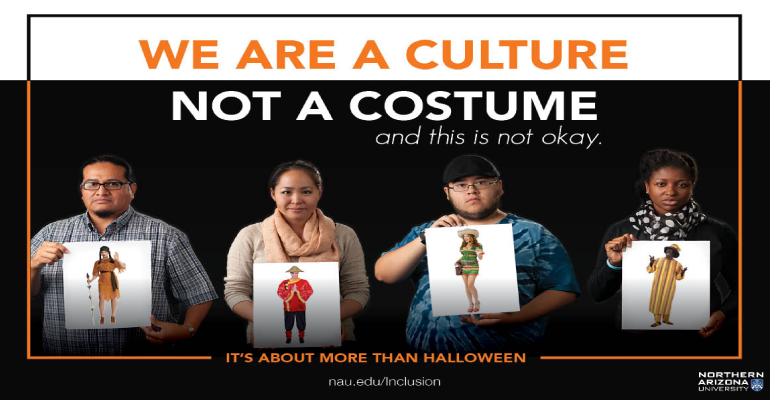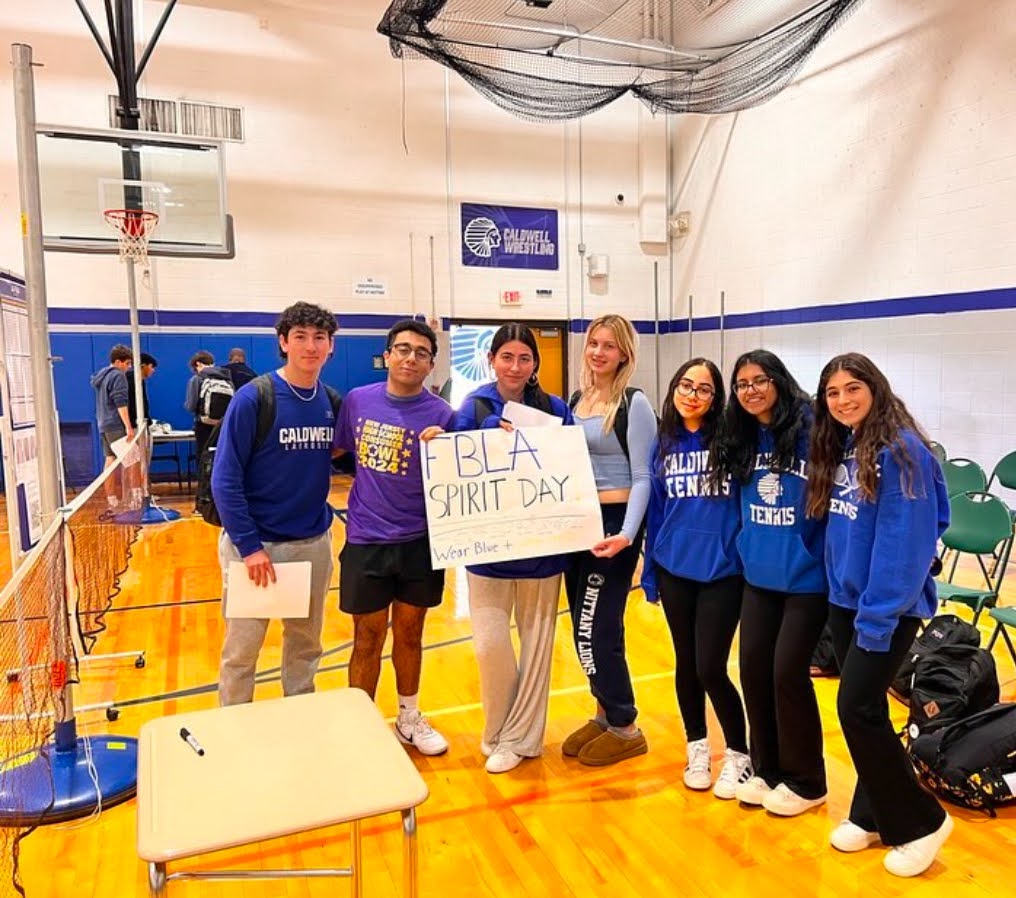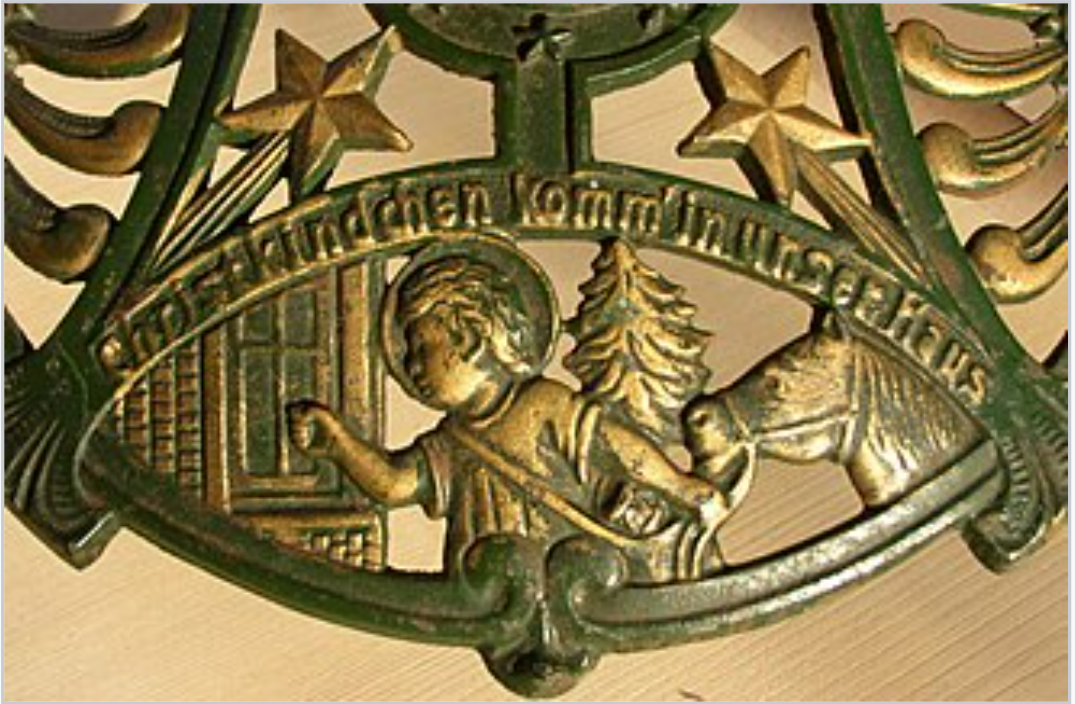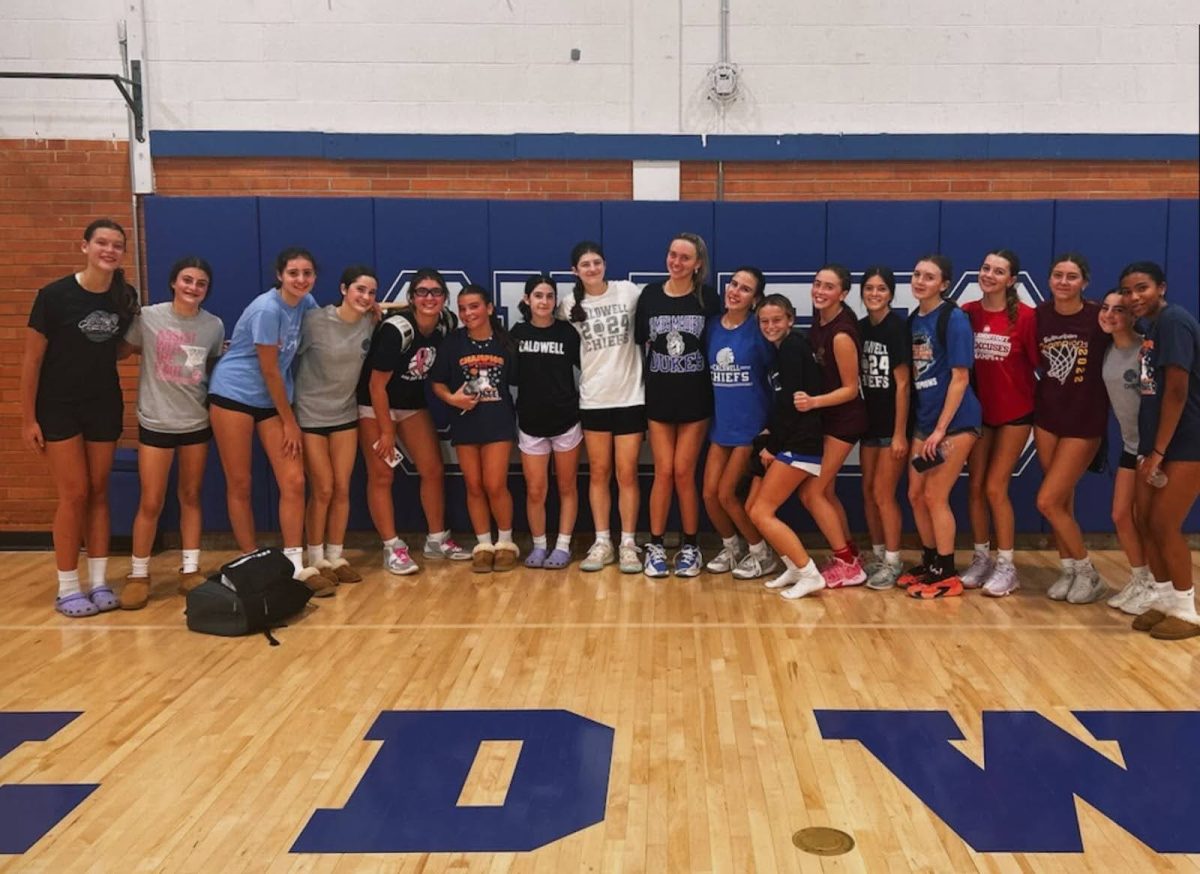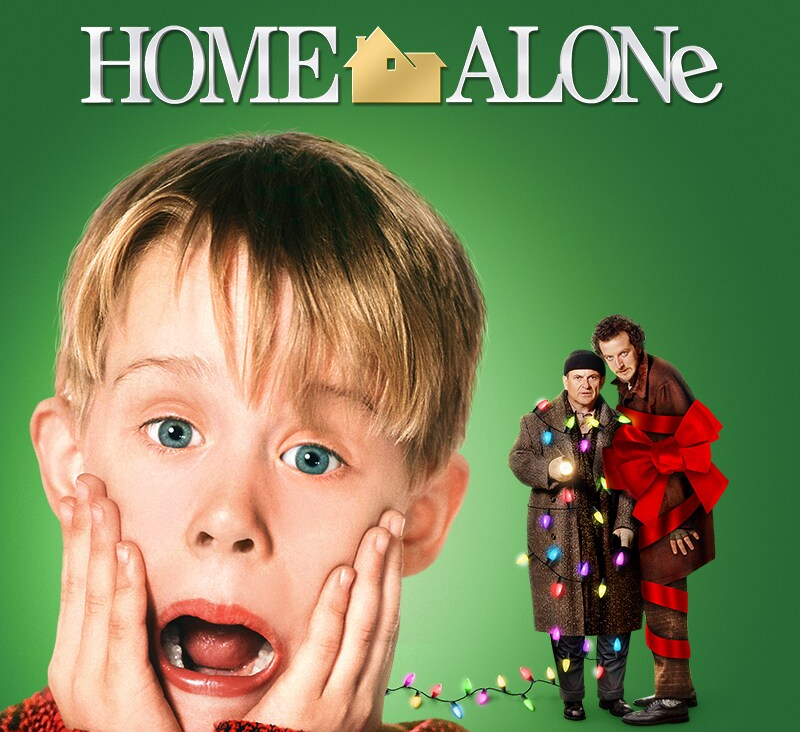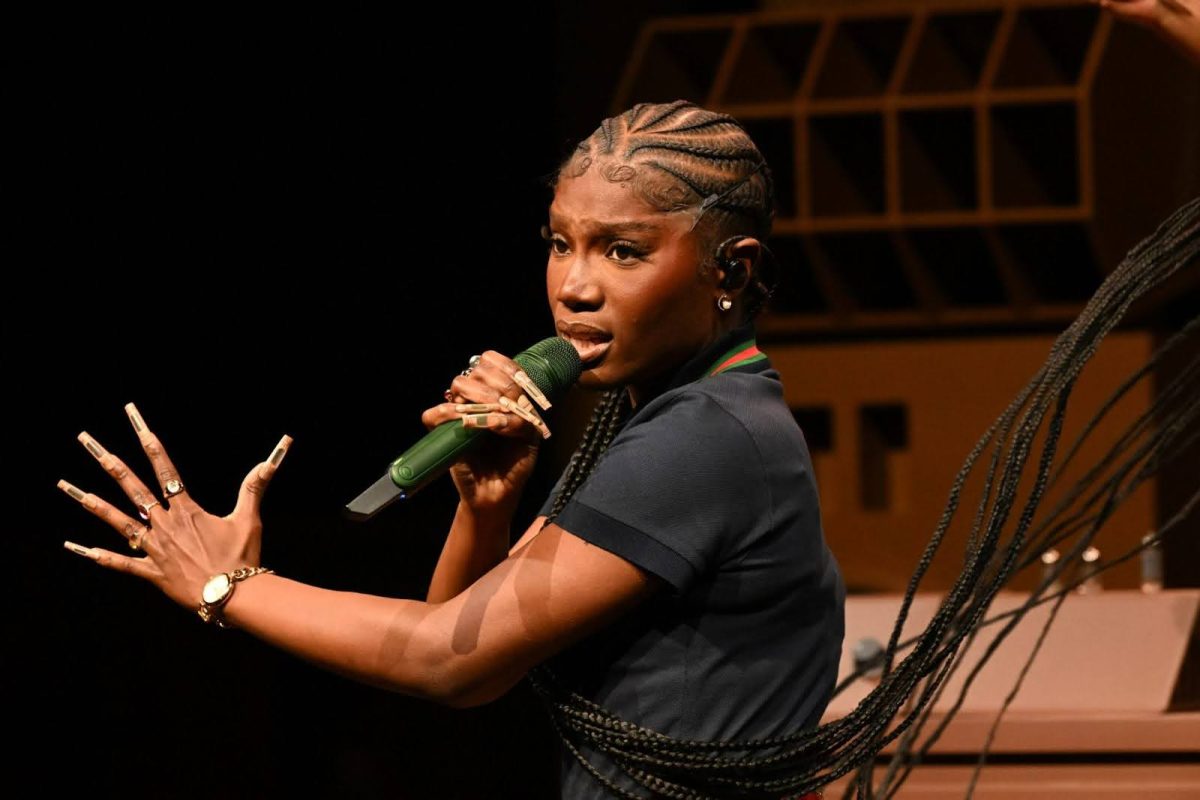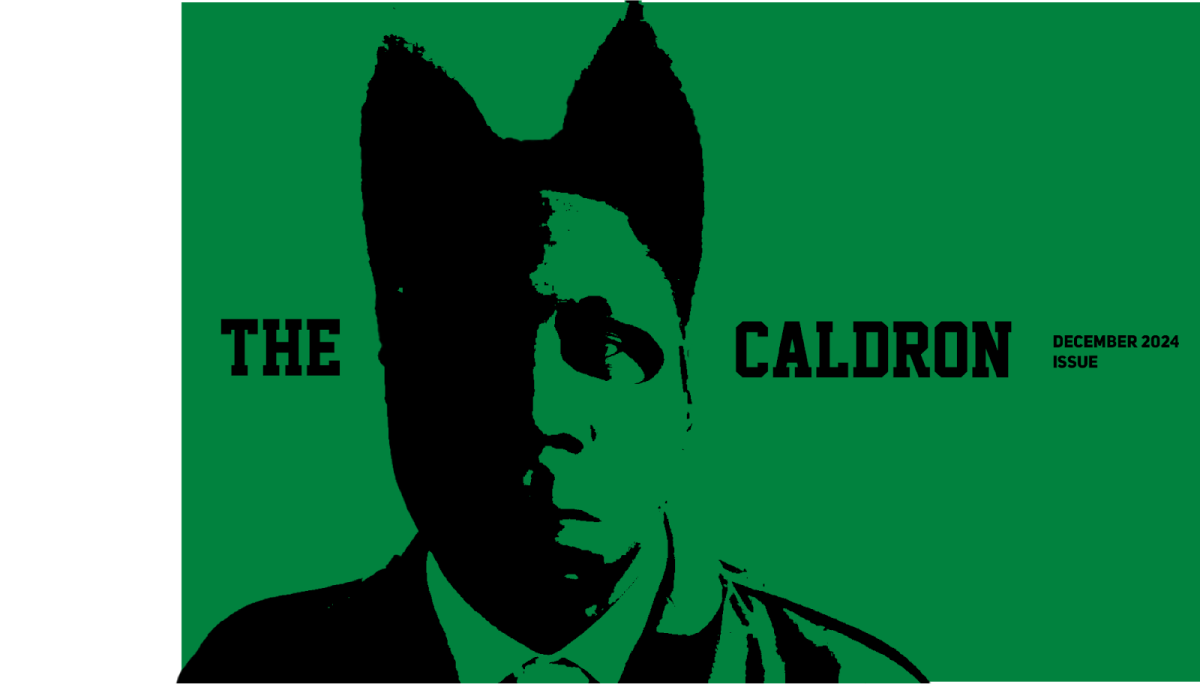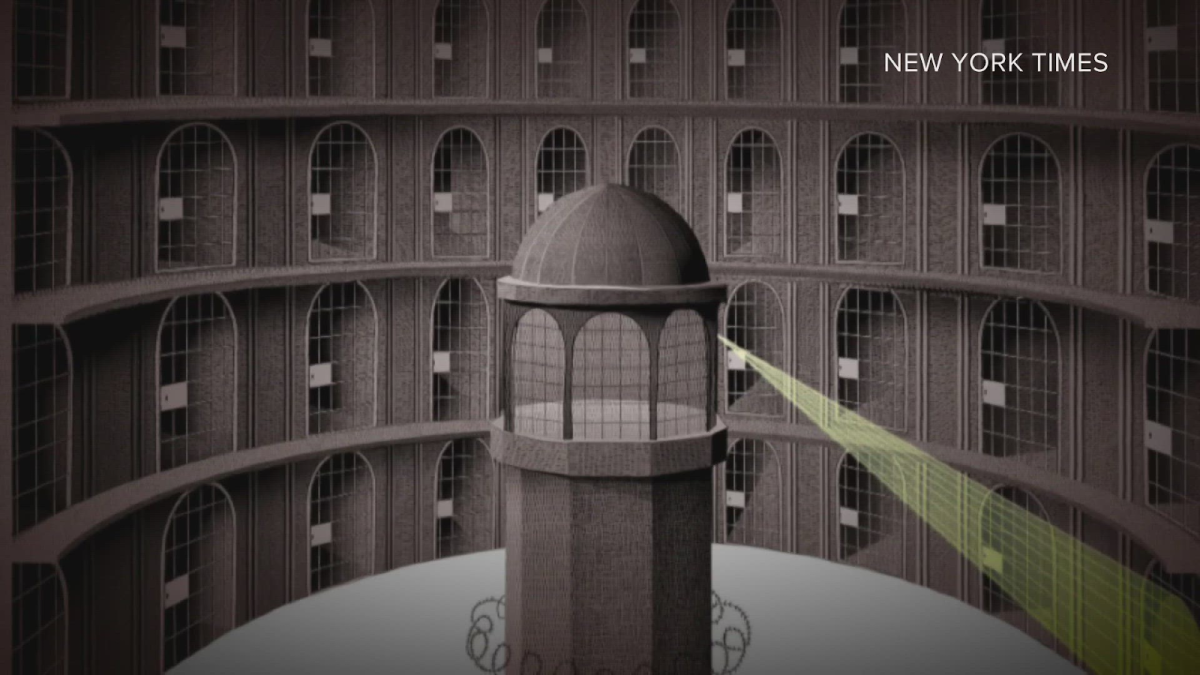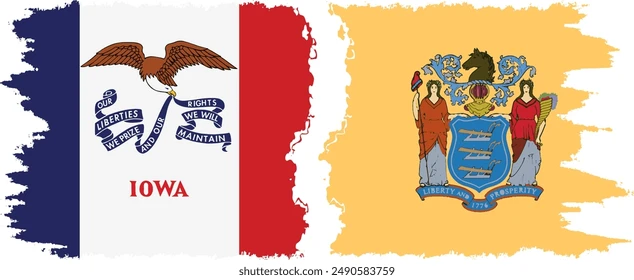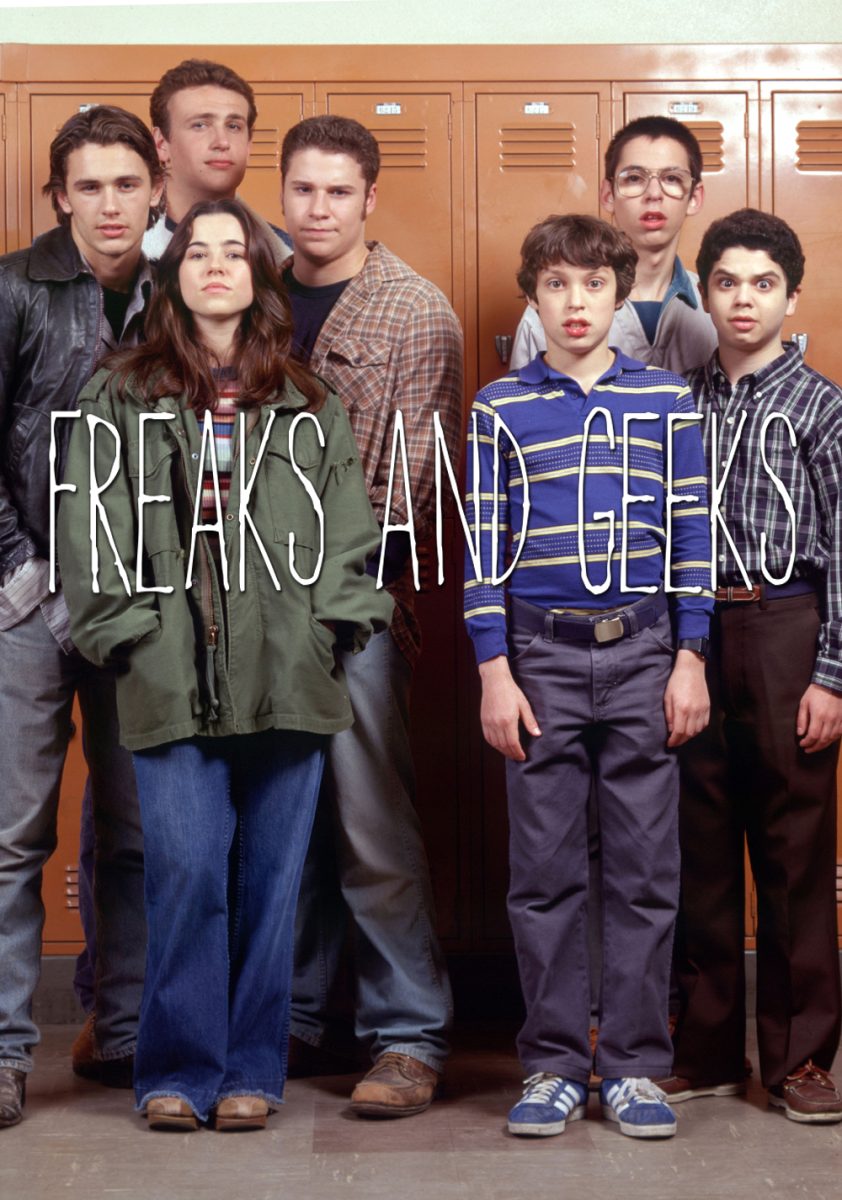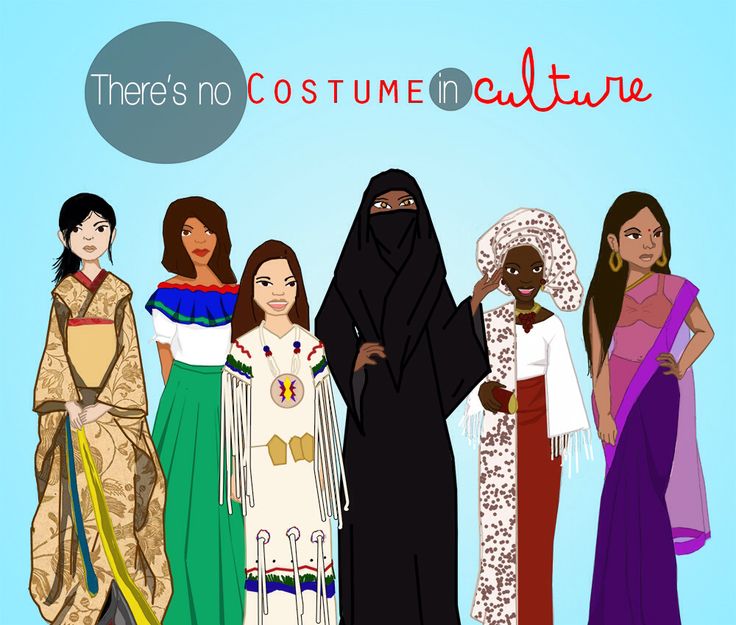By Julie Schmidt
Halloween has come and passed as I, and many other classmates, participated in the Halloween festivities by donning a costume. Every year, the concept of cultural appropriation arises as certain costumes are deemed inappropriate and insulting toward specific ethnic groups. This year was no different, and my sociology teacher decided to have a controversial discussion regarding cultural appropriation. Before anyone can possibly discuss such a contentious topic, the term must be defined. That being said, cultural appropriation is “the act of taking or using things from a culture that is not your own, especially without showing that you understand or respect this culture” (Cambridge Dictionary).
Sitting in my sociology classroom at 8:15 A.M. on October 31st was a truly eye-opening experience. Our discussion was based on these couple questions: Where is the line drawn between positively experiencing someone’s culture and cultural appropriation? Why do you think cultural appropriation and its ties to racism have made the headlines more in the past couple years than ever before? These questions were followed by a few articles, detailing costumes that were considered to fall under the category of cultural appropriation. We were asked to agree or disagree with the claims. Initially, I was excited for this discussion because I assumed that most of the debating would be discussing the grey area of where the line is drawn between cultural appreciation and cultural appropriation. What I was completely unprepared for was the ignorance, regarding the issue of cultural appropriation, which compelled me to write this article.
Let me stress this to anyone who believes otherwise: cultural appropriation is real. During the discussion in my sociology class, I heard people defend inappropriate costumes, saying, “I think the costume is cute,” or “people get offended too quickly,” or “we are just trying to have fun for one night.” People from a certain ethnic group have the right to be offended if someone takes a meaningful element of their culture and devalues it, by using it in a Halloween costume. Not only are important symbols of other cultures devalued in this Halloween tradition, but people are dressing up as someone from a different ethnic group without understanding the history and culture of this ethnic group. It is cultural appropriation to wear a Native American headdress because to Native Americans, those are equivalent to medals from war. It is cultural appropriation to dress up as an African American, especially with all of the racial injustice they face on a daily basis. African Americans are a historically oppressed group, so a Caucasian person dressing up as an African American is making light of the hardships and prejudice these people face every single day. But hey, just for one night of fun it’s okay, right? Absolutely not. I realize that it is difficult for people to grasp this concept, seeing as our own school uses Native Americans as our mascot, but people need to learn how to put themselves in others shoes. People need to ask themselves, “How would the people of this ethnic group feel if I dressed up in this way?”.
Cultural appropriation is a hard concept for a dominant race to understand because they have not experienced the same hardships as other ethnic groups. Sometimes, they do not even make an effort to try to understand. It all comes down to asking the source culture, or at least trying to understand how it would make them feel. I think it comes down to the need for everyone to educate themselves, regarding the histories and backgrounds of other ethnic groups so that we can stop culturally appropriating other cultures. It’s like the question that parents always teach their kids to think about before doing something: How would it make you feel if someone said or did that to you?
